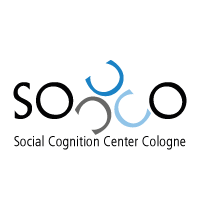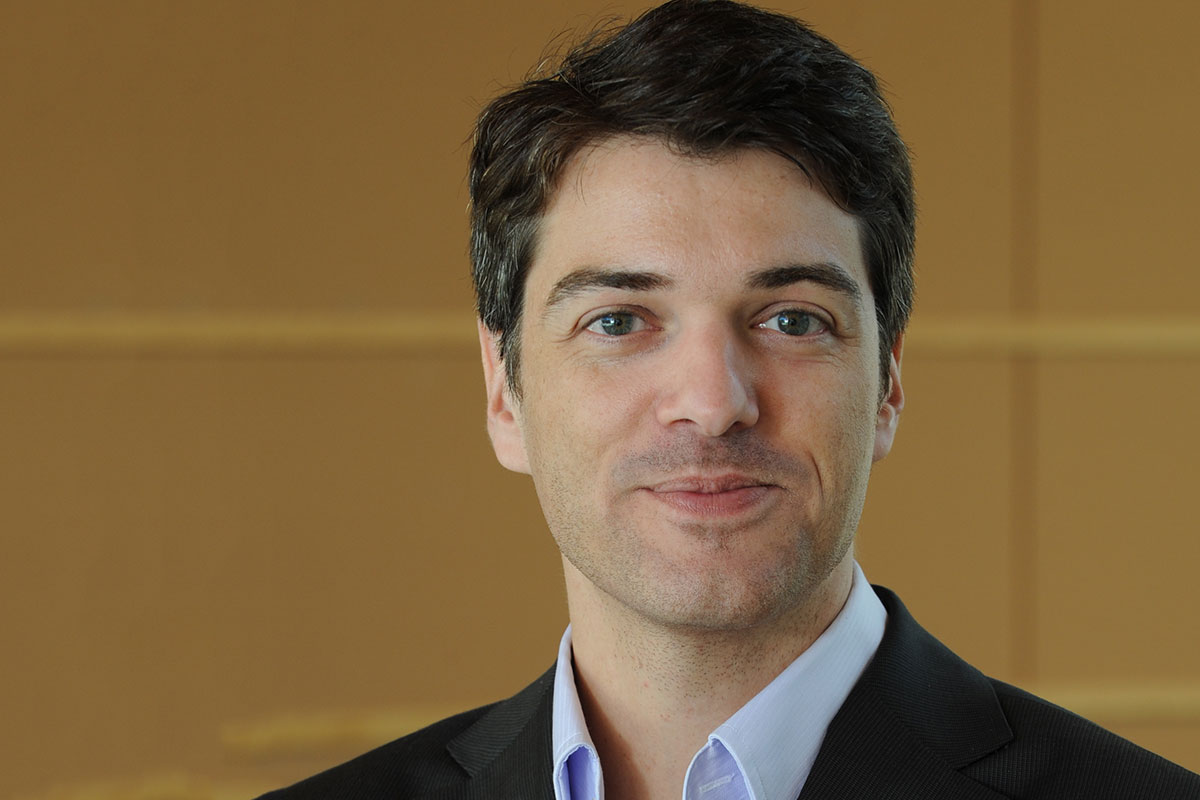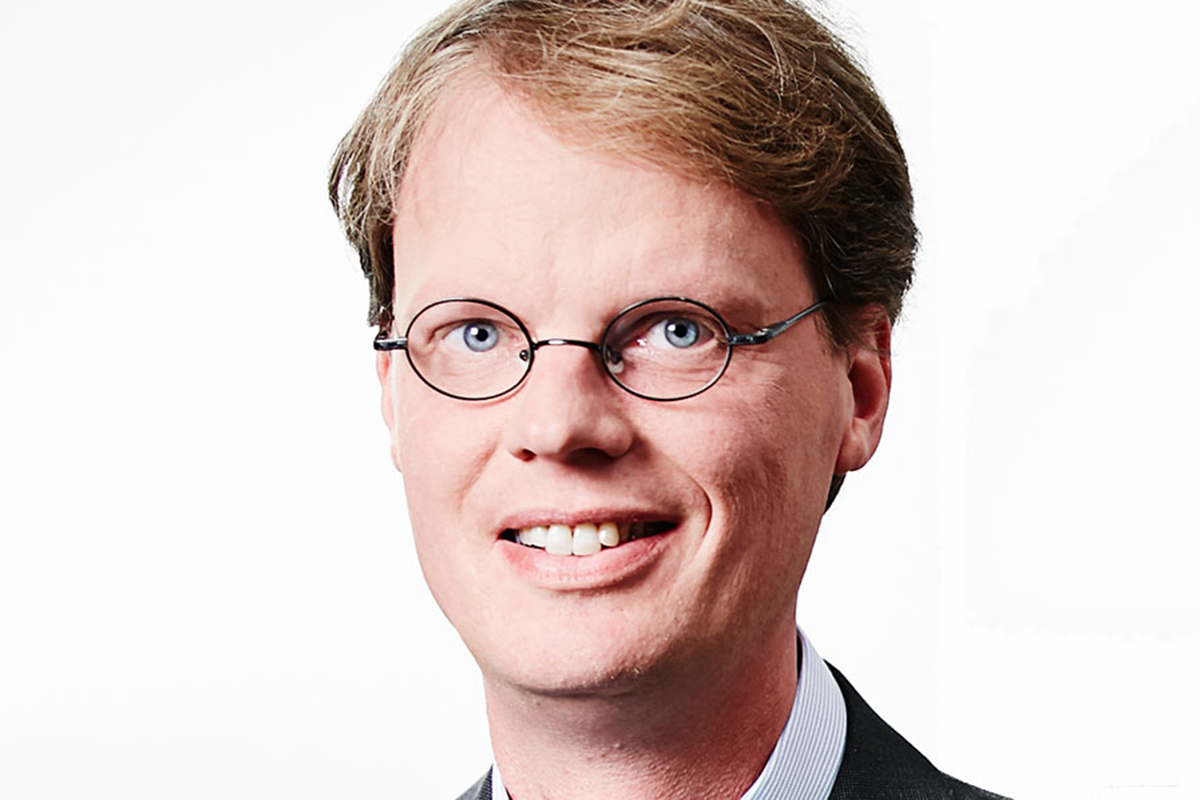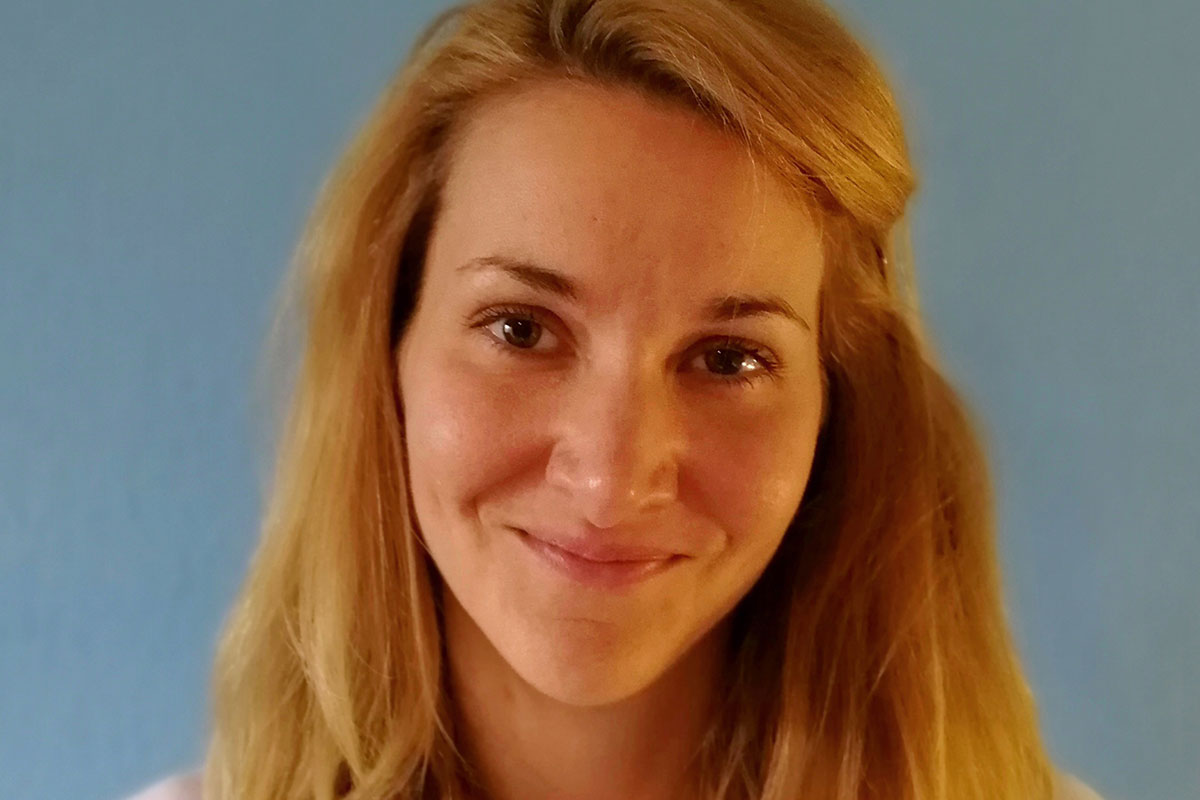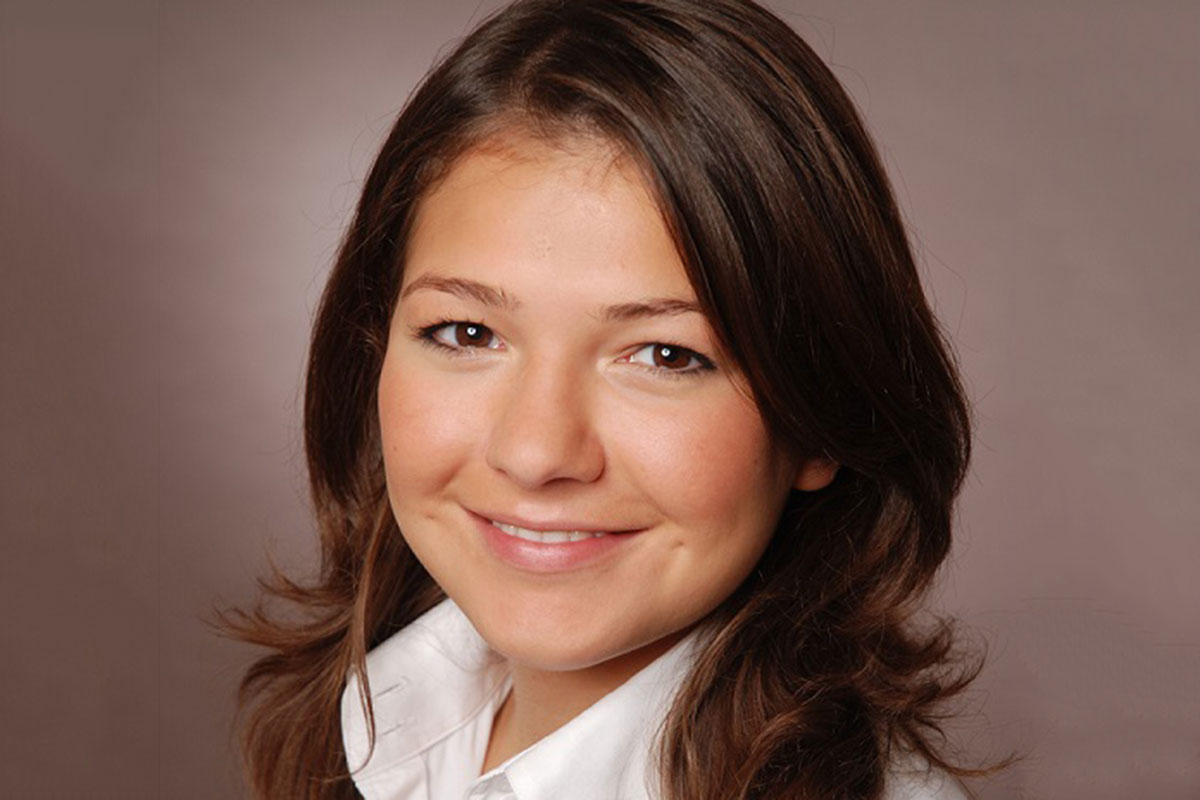Pushing, Coasting, Disengaging: How Social Comparison Impacts Self-Regulation
Researchers
Wilhelm Hofmann • Axel Ockenfels • Katharina Diel • Uta Schier
Description
People often strive to improve on important challenging goals, such as the wish to lead a healthier lifestyle, to save more money, or to climb up the career ladder. However, these struggles for self-improvement do not occur in a social vacuum. Rather, people often turn to their social environment to assess their current standing. Depending on the outcome of such social comparisons, people may receive a motivational boost and invest additional effort into their projects (“pushing”), slow down and feel good about themselves (“coasting”), or even disengage entirely (“giving up”). However, despite decades of research into social comparison processes, the fundamental connection between social comparison and motivation remains ill-understood. This is, in part, because prior social comparison research has been dominated by an informational focus on judgment, and because it has tended to view motivational processes as mere manifestations of three competing “background” motives of the self: self-assessment, self-improvement, and self-enhancement.The present proposal seeks to better align these three motives with a functional perspective on goal pursuit. Building on self-regulation theory (Carver & Scheier, 1990), and placing a premium on good calibration and high precision, Work Package 1 seeks to identify the processes by which salient social comparison standards interact with people’s own ability assessment to trigger motivational states of pushing, coasting, or disengagement, as well as their corresponding emotional and behavioral consequences across a number of health- and achievement-related settings. In Work Package 2, we will also study the reverse causal direction by investigating how motivational states may, in turn, influence the perception of the social comparison standard ecology such as the average perceived level of ability in a given social environment and the preference for certain social comparison standards. Finally, because social comparison research has only rarely ventured into everyday-life settings, we complement our experimental approach in Work Package 3 with more externally valid field methods such as a large-scale experience-sampling study on antecedents and consequences of social comparison which will also include variables relevant for other projects of the research unit. With this integrative proposal, we hope to arrive at a more advanced and ecologically valid picture of the interplay between the social environment and self-regulatory processes. Our framework and approach may not only improve the theoretical understanding of the motivational implications of social comparison; It may also help to design better campaigns and interventions in those fields in which self-improvement motivation or lack thereof has tangible benefits and costs, respectively, including health science, work psychology, and education.
Contact
Contact

Universität zu Köln
Social and Economic Cognition I
Richard-Strauss-Str. 2
50931 Köln | GERMANY
Telephone +49-221-470-5995
Fax +49-221-470-7200
E-mail wilhelm.hofmann(at)uni-koeln.de
